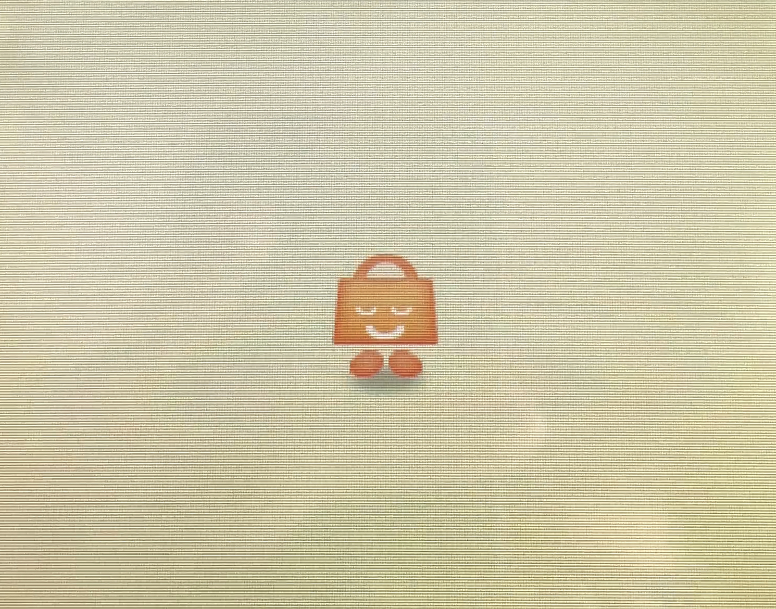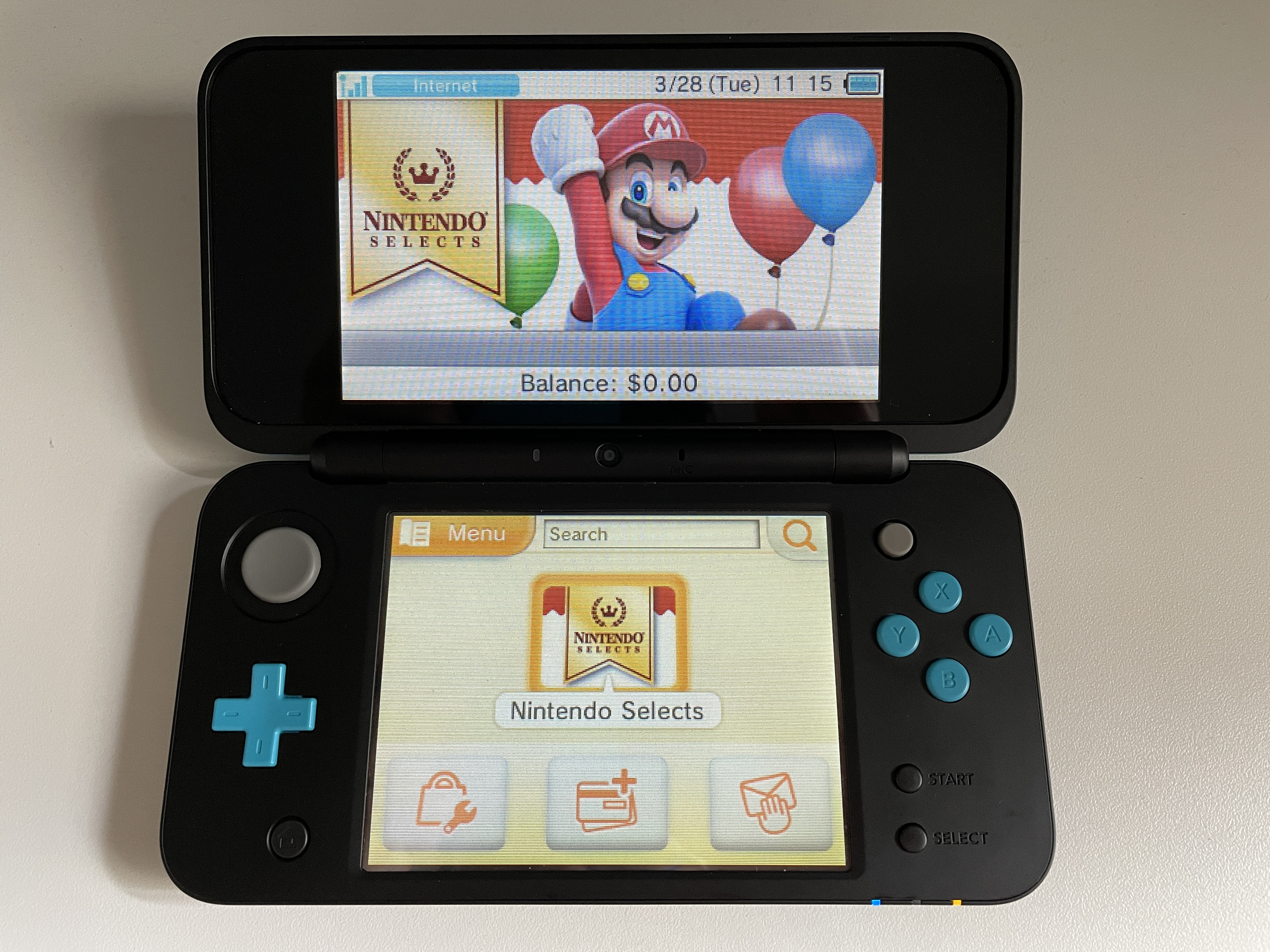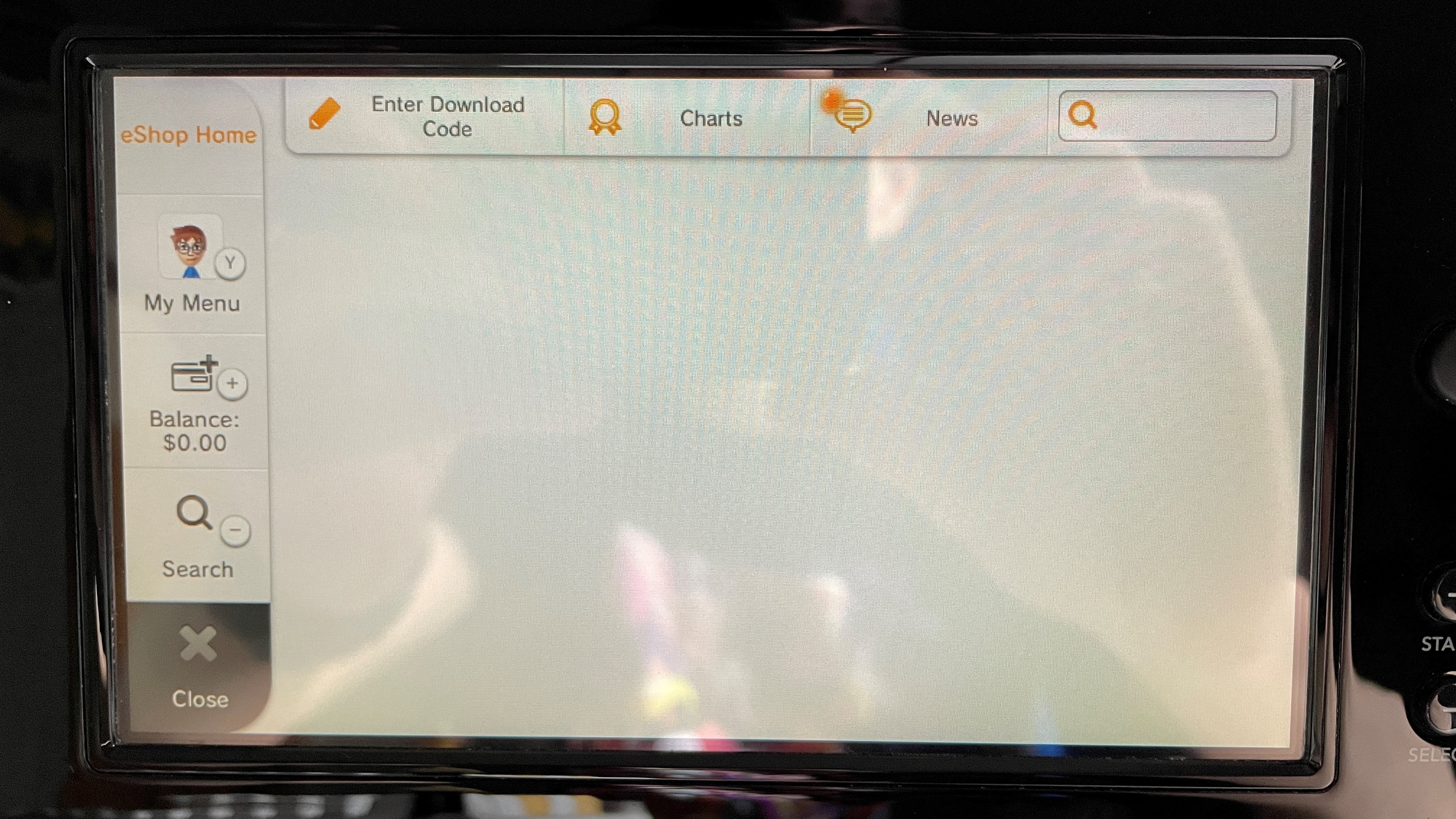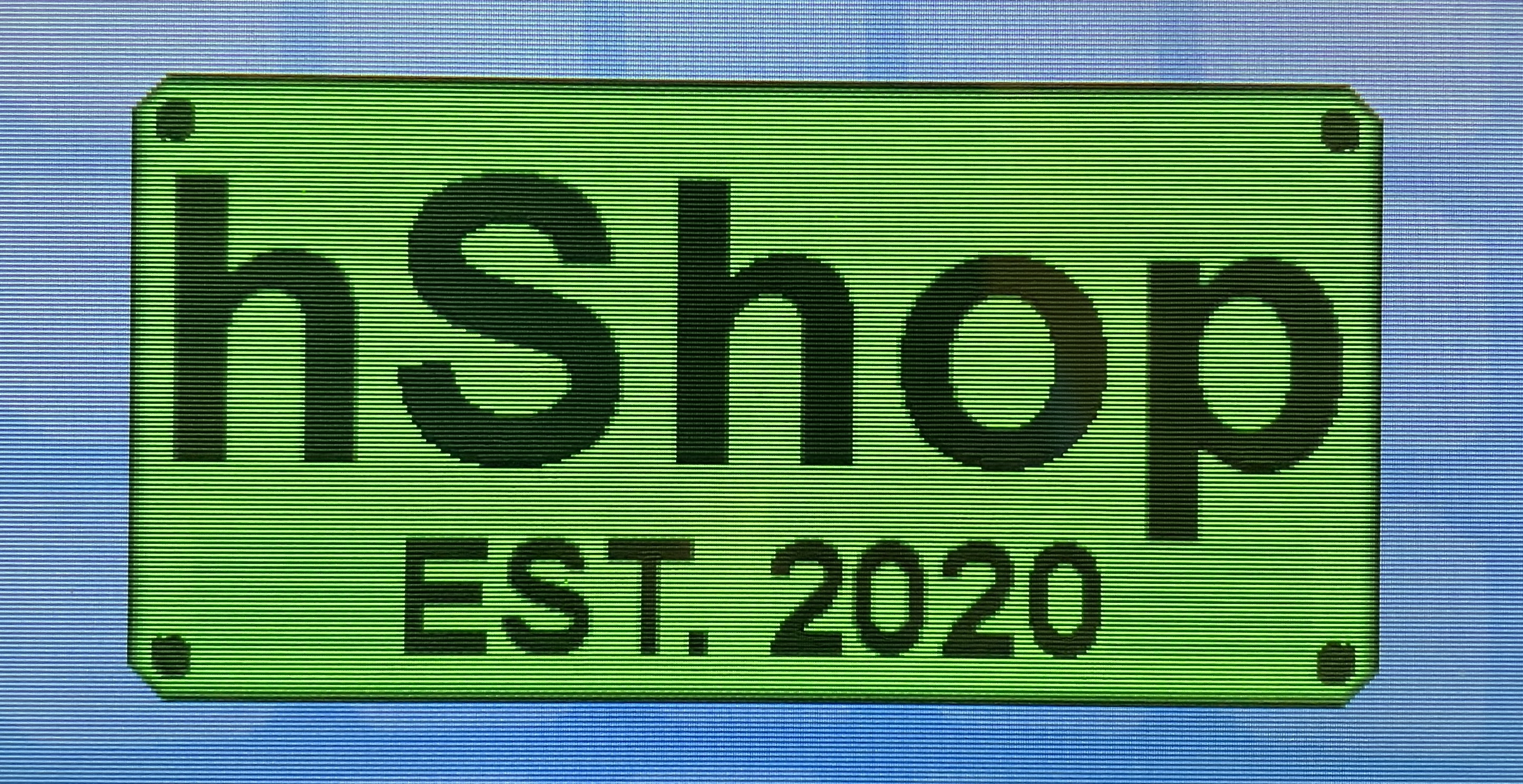The Nintendo 3DS and WiiU eShops are Dead
Published on Mar 28, 2023

Yesterday, March 27th, 2023, was the last day to buy something from Nintendo's 3DS and WiiU eShops. Opening the shops on those consoles now presents the user with a series of empty digital shelves. The 3DS eShop still displays its collection of "Nintendo Selects" for some reason, though all of the games' listings read, "This software is currently unavailable." At least the animations and music are still there.
Nintendo gave plenty of advance warning for this shutdown, but it's no less disheartening. The only legal way to access an entire generation of digital games, many of which are only playable on the 3DS and WiiU's very specific hardware form factors, has been wiped out for no good reason. Nintendo is a massive corporation. It's doubtful that keeping these services online was costing them any significant amount of money.
And even if it was, the profit-driven contempt for preservation that dominates the games industry has made it impossible to even start having a conversation about legally hosting old games in places like public libraries or historical foundations. Anyone should be upset that vast swathes of video game history can be so callously thrown away without a second thought given to what is being lost.
It's emblematic of the age we live in. The majority of most people's entertainment, especially video games, is delivered digitally. It's extremely convenient, but as we keep finding out, digital is not forever. Digital movies, music, and games can and have been de-listed from stores, meaning that unless you already bought them, you're out of luck. Subscriptions, as I think more people are realizing, are even more ephemeral, as you never actually own anything you're paying for. If you ever stop paying for it, or it suddenly shuts down, you're left with nothing.
 The empty 3DS eShop.
The empty 3DS eShop.
I don't think it's overly nostalgic to want to hang on to the games you've played, and revisit them from time to time, the way an avid reader would their favorite books, or a cinephile their favorite movies. I don't want to view my favorite medium as disposable just because its stewards' only interest is ever-increasing profit.
All media is the same in that way: you experience it, it makes you feel something, and you carry it around with you. Video games have always had the unfortunate distinction of being inextricably tied to a wide range of extremely specific, extremely varied, and constantly evolving hardware.
The only existing solutions to the problem of decaying video game history are corporate profit motive, which only preserves the most profitable games, and only until they stop being profitable to port and re-release, or emulation, which is sort of understood as a thing people do all the time, but remains illegal. It is common practice for corporations to sue into oblivion anyone who might try to provide access to games that the corporations themselves have no interest in ever providing access to.
It's worth mentioning, though, that this problem has already started to come for the rest of our media. Spotify only stocks its shelves with the tracks publishers are willing to provide, and that stock can pulled as publishers' whims change. Streaming-only releases of movies and TV shows leave them vulnerable to digital decay. eBooks are tightly controlled via DRM that prevents readers from engaging in practices common to owning and using books, and prevents libraries from utilizing the true potential of digital media: its ability to be infinitely copied without degrading.
Luckily, where corporate disinterest in preserving video game history has failed, the will of the people to fill that void has once again prevailed, for now. For every new video game box that is released, there will inevitably be a dozen or more hackers willing to crack it open, learn how it ticks, and reverse-engineer a way for people to use it in ways unintended by its corporate owners.
 The empty WiiU eShop.
The empty WiiU eShop.
Hacking one's 3DS and/or WiiU is extremely easy, and – with the ability to legally buy digital games gone, and the prices of physical games about to skyrocket (if they haven't already) – I would argue, imperative. If you have an internet connection and an SD card reader, you have everything you need to get started. Hacking your 3DS won't take longer than your lunch break.
This is why I waited to write this post until after the shops were closed, and why I didn't write up a list of games to run and buy before they did. Just steal that shit, friend. Nintendo doesn't care about providing you a legal way to keep playing these games, so fuck 'em. Go google "hshop" and let your pirate flag fly.
Also, the 3DS (and especially the "New" 3DS) can run way more than just 3DS or DS games. This thing has the horsepower to emulate any previous Nintendo handheld, and just about any 8, 16, and sometimes even 32-bit console from years past. You can get Final Fantasy VII running on this thing, and it will be pretty okay.
With that said, let's break up this essay a bit with...
MIKE'S TOP TEN GAMES TO PLAY ON 3DS
- Picross 3D: Round 2
- The Legend of Zelda: A Link Between Worlds
- Chrono Trigger (a DS game, but still)
- The SteamWorld series, especially Heist
- Picross E (any/all)
- Shovel Knight
- Poochy & Yoshi's Woolly World
- The Legend of Zelda: Ocarina of Time 3D
- Super Mario 3D Land
- OlliOlli
I will admit that I have only scratched the surface of what the 3DS had to offer, and so parts of this list may seem pedestrian. But in my defense, the 3DS has one beefy catalogue. There are plenty of beefier lists out there for you to peruse at your leisure.
You might be wondering, if something like hShop can pop up to fill the void, why make a big stink about preservation? If the internet affords folks the freedom to set up their own elaborate systems of preserving games, why even ask for it from corporations in the first place?
The problem is legitimacy. The existence of hShop and anything else like it that might pop up will always be tenuous under current copyright law, with a sort of legal sword of Damocles hanging over its head. Nintendo is a notoriously litigious company, and the second they discover or decide they want any of these sites and services to stop existing, if they decide it's hurting their bottom line somehow, they'll bring the hammer down, and that method of "preservation" will be gone. That work will be wiped out overnight.
Also, things like hShop rely on free labor provided by normal people; fans who have day jobs and better things to do. If hShop gets nuked, that's a lot of time and labor lost, with nothing to show for it. That's hugely discouraging and disincentivizing (by design) for the people who built it the first time around. And if any of them do decide they actually want to spin up a replacement, it's almost guaranteed to be half as good at best. A community can only watch its work get wiped out so many times before deciding it isn't worth it, or the people with the means and ability to sustain it lose interest, get busy, or age out, and the institutional knowledge of how to do this technically illegal thing is lost.
 Look it up.
Look it up.
What's the alternative, then? If we definitely want games preserved, and we definitely can't live with the current system, where do we go from here? The answer, for me, is loosening copyright law. This will almost certainly not happen in my lifetime, but I'm imagining a world where corporations get a scant few years to bleed their IP dry of every last drop of profit they can get for it, before that IP is released to the commons for people to do with it what they like. In this world, preservation of produced works would also be compulsory. If you're going to create something for people to enjoy, that thing needs to be able to be enjoyed in a consistent or comparable way indefinitely. If you can't or won't do that, then you need to make it available to people who can and will.
In this world, when Nintendo discontinues the 3DS, it loses its patent on that device, allowing anyone anywhere to replicate it exactly and sell it to anyone who might want one. It must also provide parts, schematics, and documentation to anyone who might want to repair their device or build a new one themselves. I'm sure this all sounds like pie in the sky stuff, but I genuinely don't think I'm asking for the moon here. Why should something disappear forever simply because a corporation doesn't want to make or maintain it anymore? If you're done with it, give it up, don't lock it in your mausoleum.
Until such a world comes, I'll make due with niche projects skirting the law until they can't anymore. Despite my earlier pessimism about the inherently tenuous nature of their existence, they honestly give me so much hope. That there are people out there willing to give their time and labor and expertise to a project because they think it's right or just because it's fun for them, is heartening to see. Even if it shouldn't have to be that way.